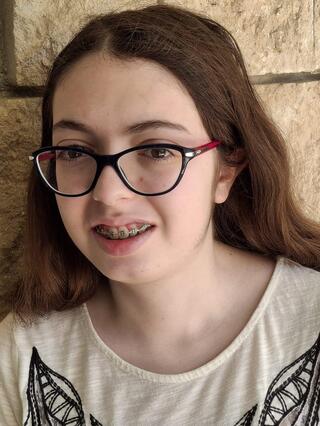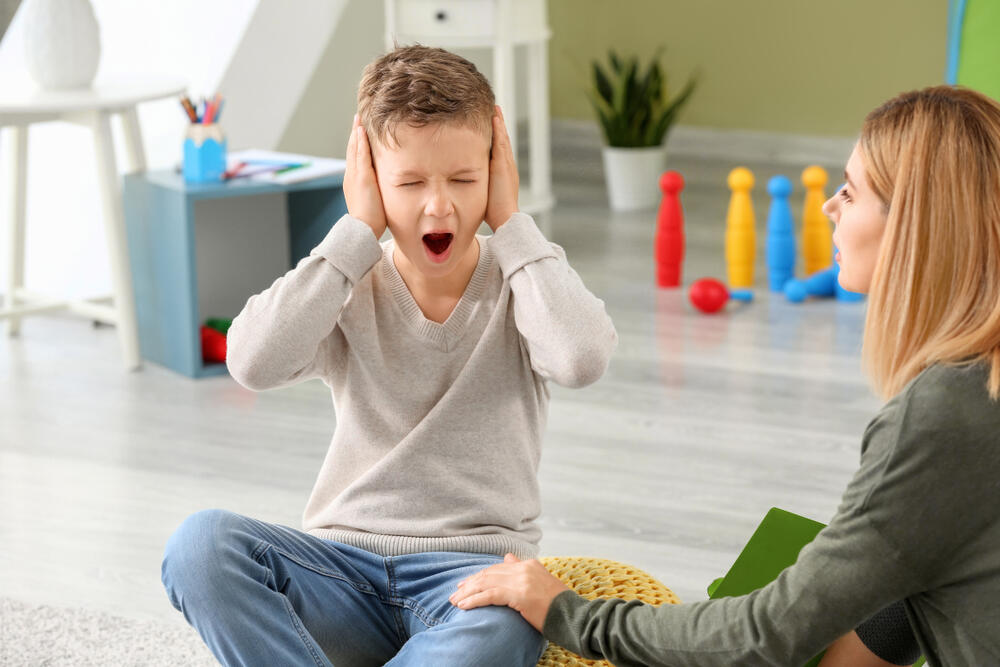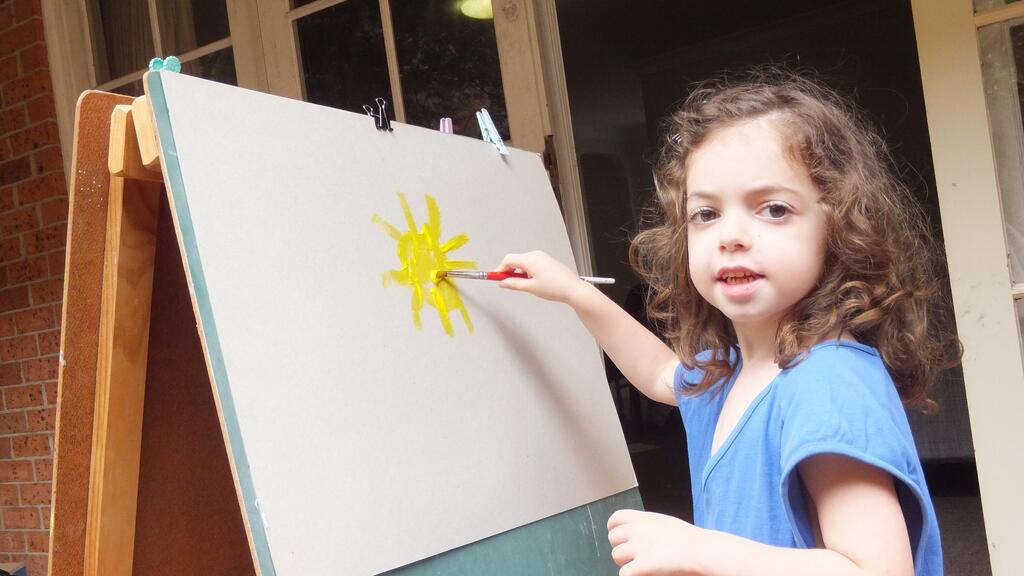Many parents of autistic children struggle with when and how to tell their child about the diagnosis. Some even try to postpone the conversation for as long as possible, believing that the older the child is when they hear about their autism, the better it will be for them.
But based on my personal experience and conversations with other autistic people, I believe the opposite is true: the earlier the conversation happens, the less harm it causes.
As children grow older, they become more exposed to negative perceptions and attitudes about autism. They might hear other children or teens using “autistic” as an insult, or hear adults making offensive or misleading statements about autism — even if they don’t mean harm.
The earlier a child learns about their diagnosis, the less these outside messages will shape how they see themselves — and the better they’ll be able to handle negative attitudes toward autistic people from others.
Myth vs. reality
When I speak with parents of autistic children, several common concerns and arguments come up — ones that often delay this important conversation. Here are some of the key concerns, and how I see them from an autistic perspective:
1. “He doesn’t know he’s different, and I don’t want him to feel that way”
Just because a child seems happy doesn’t mean they don’t realize they’re different — it may simply mean that awareness hasn’t yet affected them negatively. I can say for myself that I knew I was different as early as age two, yet I was still a happy child.
At age five, when I experienced emotional meltdowns and my parents punished me for them, I hoped someone would one day discover I had a condition that caused these uncontrollable outbursts (at the time, both my parents and I saw them as tantrums or rage attacks). The rest of the time, I was still a joyful child — but that doesn’t mean I wasn’t suffering from not understanding why I was different.
Even though I didn’t say anything at the time, deep down I knew I wasn’t like the other kids my age. That’s why I believe children should be told why they feel different — even if they seem content — to prevent a future crisis when the truth eventually comes out. And even if the child doesn’t yet understand they’re different, it’s important to prepare them for the moment they will.
2. “I don’t want him to label himself”
Autistic children who don’t know they’re autistic often end up labeling themselves in far worse ways. Many autistic people have shared that, before they knew about their diagnosis, they thought something was “wrong” with them and called themselves broken or defective.
You might think “autism” is a harsh label — but if you don’t treat it that way when you explain it, your child won’t see it that way either. That knowledge can prevent a lot of suffering caused by more damaging self-labels.
3. “I don’t want him using autism as an excuse”
Some autistic children, upon learning about their diagnosis, may reduce their involvement in chores or responsibilities. While this might look like they’re using autism as an excuse, many autistic people — even those diagnosed in adulthood — describe how learning about their autism helped them give themselves permission to rest more.
That’s because autistic people generally need more rest. Knowing they’re autistic helps them be more forgiving with themselves and prioritize their well-being. That’s not making excuses — it’s responding to real needs.
Also, some children might begin to limit themselves once they learn they’re autistic, thinking they can’t do certain things. That’s why it’s so important that parents don’t present autism as a limitation — so that their children don’t see it that way either.
4. “He doesn’t understand what autism is yet”
A great example I once heard from another autistic person: even though babies can’t talk yet, parents don’t avoid speaking to them because “they don’t understand, so what’s the point.” On the contrary — parents talk to babies to help them learn to speak.
 Sivan Keinan
Sivan KeinanThe same principle applies to autism. Even if your child doesn’t yet grasp what autism is, you can and should talk to them about it in a way that’s age-appropriate and suited to their level of understanding. That’s how they’ll eventually come to understand their diagnosis.
So how should you tell your child about their autism?
If your child was diagnosed as a toddler, you can start talking about it around and with them as something completely natural. For example, you might say:
- “That kid is autistic, like you.”
- “It’s amazing how much you love music. A lot of autistic people have something they’re really passionate about — for you, it’s music.”
That way, your child will grow up with autism as a natural part of their life, and it won’t be a shock later when they find out about it more formally.
If your child wasn’t diagnosed at a young age, you can sit down and have a conversation explaining what autism is and how it shows up for them. Emphasize that there are many types of human minds, and the autistic brain is just one of them — it’s not a problem or defect.
If you feel unsure how to have this conversation, there’s a great post on the Facebook page “Autirgum – Autism from an Autistic Perspective,” which includes visuals designed to help explain autism to children. You can use that as a guide.
Get the Ynetnews app on your smartphone: Google Play: https://bit.ly/4eJ37pE | Apple App Store: https://bit.ly/3ZL7iNv
Something I really appreciated when my parents told me I was autistic was that they created a folder on the computer with videos about autism that I could watch whenever I wanted. It’s important for that folder to include a diverse range of autistic people so your child doesn’t get scared or put off by others who are different from them.
My recommendation: Answer their questions honestly, and talk to them about society’s negative views of autism — but do it with patience and sensitivity.
- Sivan Keinan is an autistic high school senior who reads and extensively researches about autism



